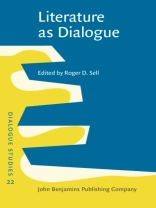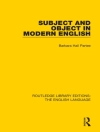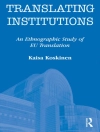How is it that some texts achieve the status of literature? Partly, at least, because the relationship they allow between their writers and the people who respond to them is fundamentally egalitarian. This is the insight explored by members of the Abo literary communication network, who in this new book develop fresh approaches to literary works of widely varied provenance. The authors examined have written in Ancient Greek, Tang Dynasty Chinese, Middle, Modern and Contemporary English, German, Romanian, Polish, Russian and Hebrew. But each and every one of them is shown as having offered their human fellows something which, despite some striking appearances to the contrary, amounts to a welcoming invitation. This their audiences have then been able to negotiate in a spirit of dialogical interchange.Part I of the book poses the question: How, in offering their invitation, have writers respected their audiences’ human autonomy? This is the province of what Abo scholars call "communicational criticism". Part II asks how an audience negotiating a literary invitation can be encouraged to respect the human autonomy of the writer who has offered it. In Abo parlance, such encouragement is the task of "mediating criticism". These two modes of criticism naturally complement each other, and in their shared concern for communicational ethics ultimately seek to further a post-postmodern world that would be global without being hegemonic.
Sell Roger D. Sell
Literature as Dialogue [PDF ebook]
Invitations offered and negotiated
Literature as Dialogue [PDF ebook]
Invitations offered and negotiated
Beli ebook ini dan dapatkan 1 lagi PERCUMA!
Bahasa Inggeris ● Format PDF ● Halaman-halaman 290 ● ISBN 9789027269898 ● Penyunting Sell Roger D. Sell ● Penerbit John Benjamins Publishing Company ● Diterbitkan 2014 ● Muat turun 3 kali ● Mata wang EUR ● ID 4220469 ● Salin perlindungan Adobe DRM
Memerlukan pembaca ebook yang mampu DRM












